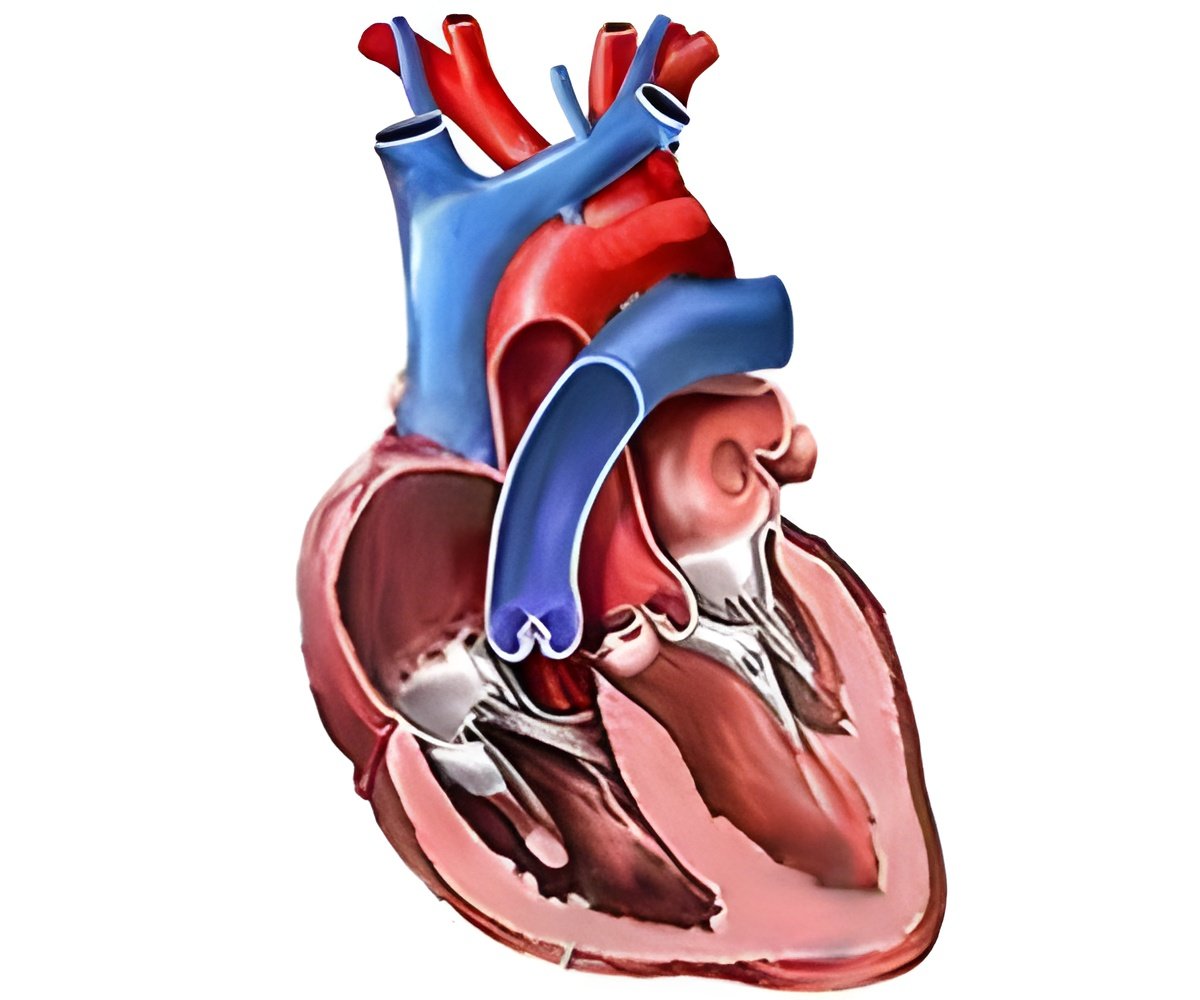Before this study, there weren't baseline comparative benchmarks for screening and follow up of football players for cardiac anatomical variations and blood pressure.

‘Heart characteristics and blood pressure values in collegiate football players compared with normal values has been described by researchers.’





Crouse, professor of kinesiology and joint professor of internal medicine, and his colleagues studied 80 incoming Texas A&M football players. Data was collected over three years as part of a pre-participation physical exam. The purpose was to describe heart characteristics and blood pressure values in collegiate ASF athletes compared with normal values. "Before this study, there weren't baseline comparative benchmarks for screening and follow up of incoming NCAA football players for cardiac anatomical variations, blood pressure, and training effect," said John Erwin, III, associate professor of internal medicine and co-author of this research. "These results should serve as a basis to better define normal and abnormal findings in athletes' hearts."
"The aspect of health in athletes is a really important component of what we do here at Texas A&M," Crouse added. "Even though performance is very important, health of the athletes is critical."
This study confirmed finding enlarged hearts and increased ventricular wall thickness in athletes. The key is to adjust the heart size by the size of the individual to see if such adjustment brings the heart back into a normal range. If not, that could indicate there is an enlargement that may not be healthy.
"Our study doesn't really tell us much about how well these athletes are going to perform on the field," Crouse said. "We don't say anything about having a bigger heart making you a better athlete. All we're trying to do is get information that will help us make health judgments and help the athletes be healthier."
Advertisement
Still, the researchers see these results as confirming the importance monitoring athletes' blood pressure on a regular basis throughout their college athletic career and beyond.
Advertisement
Source-Newswise












